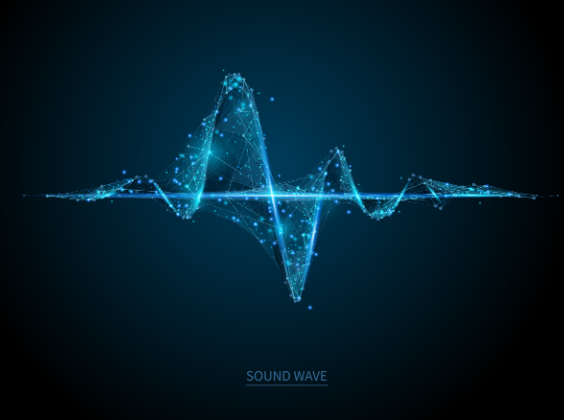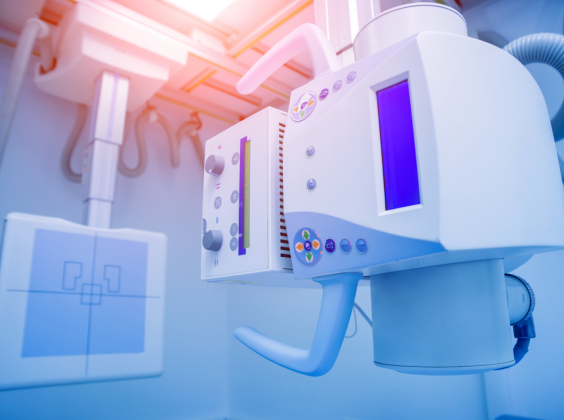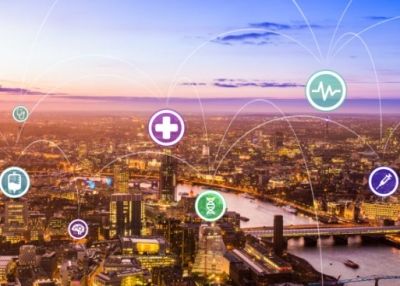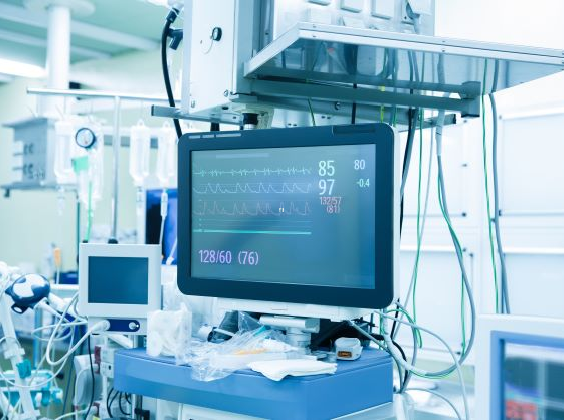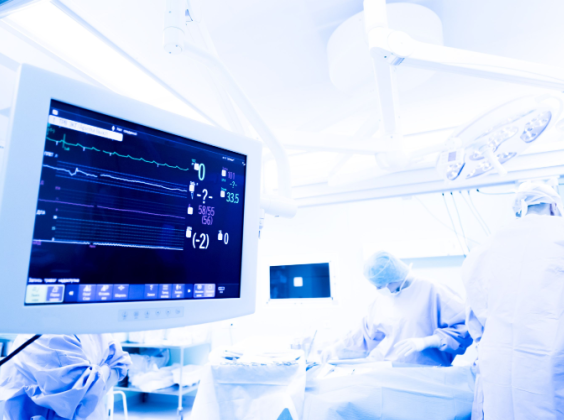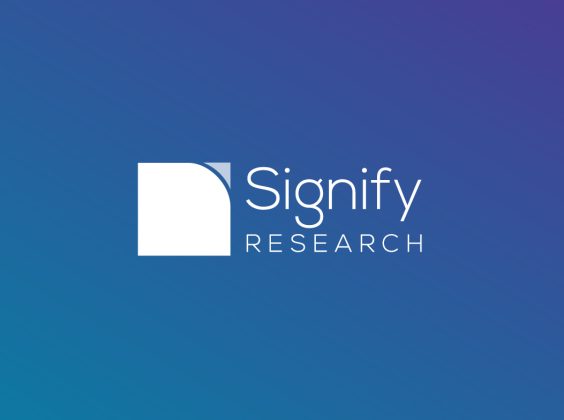
Written by

02nd December 2021 – Written by Kelly Patrick
Earlier this month, Philips announced its plan to acquire France-based Cardiologs. This will be Philips’ third acquisition within its diagnostic cardiology and patient monitoring segment in less than a year. Through the acquisition, Philips aims to expand its offering and advance its capability in both AI and cloud technology in the field of monitoring and cardiology.
- Cardiologs was formed in Paris, France in 2014 and was one of the first AI providers to receive CE marking and FDA approval for its software as a medical device. It offers a cloud-based vendor-neutral platform that can be utilised to streamline arrhythmia detection.
- The acquisition adds to Philips’ recent acquisitions of BioTelemetry in December 2020 and Capsule Technologies in January 2021.
The Signify View – Impact on the Clinical Care Market
Interest in the use of advanced technology in the field of diagnostic cardiology and patient monitoring has been further initiated by the COVID-19 pandemic. Despite the hospital market being relatively mature in more developed regions, the limited access to patients during country lockdowns, in addition to the impact of the pandemic on healthcare resource, highlighted the need for solutions that can reduce this burden and improve timely diagnosis and treatment of time-critical patients. This has also further initiated interest in remote solutions and services that can be utilised when resource is strained or when accessibility to a patient is restricted.
What is expected from Philips?
Philips is delivering on its strategy to enable precision diagnosis, through strengthening its ability to connect data, technology, and people across diagnostic workflows, to create a clear path to more precise diagnosis and treatment. The Cardiologs solution claims to ‚Äòaccelerate diagnostic reporting, decrease the occurrence of reporting errors and streamline clinician workflow and patient care, empowering clinicians to deliver expert cardiac care faster and more efficiently’. The combination of Cardiologs AI-based cloud technology and the mobile and wireless medical technology from BioTelemetry will further strengthen Philips’ position as a remote service provider. With these recent acquisitions, Philips can combine its traditional monitoring and diagnostic cardiology solutions with new advanced solutions, that enable further data integration in addition to AI-based technology to help solidify its position as a leading digital player. It is expected that these solutions will be further developed and newer technology from the vendor will be launched.
How will this benefit customers?
Philips is a solution vendor across both the patient monitoring and cardiology markets with an offering across the hospital and home segments. The recent acquisitions have also facilitated its progression toward a broader offering in both devices and digital solutions in addition to associated services, to provide a comprehensive solution. Philips understands the pressure healthcare providers face to offer high-quality care and the recent acquisitions have evolved its connected care offering further. The integration of an AI-developer into its plethora of solutions will also create the opportunity for further developments in its connected offering, benefiting customers from more precise and timely diagnosis. Philips’ aim is to help customers with effective digital ecosystems that can empower users to make the right decision at the right time utilising the most accurate information.
Impact on market share
Signify assessed the diagnostic cardiology (DCAR) market earlier in the year in its Clinical Care Devices – Market Report 2021. The DCAR assessment focused on the traditional ECG devices, including Resting ECG, Stress ECG, Holter ECG and ECG Management systems. Signify reported that GE Healthcare was market leader globally in 2020 and gained just under 2% from 2019, with Philips, Nihon Kohden and Hillrom all falling behind. Although this market assessment did not consider the remote cardiac monitoring market, it did show that GE Healthcare has focused on the traditional cardiac markets and less so on the home and remote elements of the DCAR market.
How will other players react?
Philips is certainly pushing its position as an innovation leader in the clinical care market with a strong focus on the remote monitoring and services market. The recent acquisitions have been bold moves to further expand its stance and they are expected to trigger its competitors to make similar acquisitions soon, to ensure their competitiveness is not impacted too significantly. We already have seen a flurry of mergers and acquisitions amongst the other vendors in the clinical care market such as Nihon Kohden and Baxter Healthcare as reported earlier in the year. The pandemic has bolstered interest in new innovative solutions in both the monitoring and diagnostic cardiology markets, and as such promoted vendors to take opportunities to expand their offerings. However, those that do not take note and make investments into new solutions are likely to fall behind. The recent acquisitions from Philips have been across medical device integration, remote services, and AI-enabled technology, ticking every box in terms of innovation within the cardiology and monitoring segments.
Similarly, to Philips, Hillrom has also been actively expanding its connected offering with its flurry of activity in recent years, including acquisitions of Mortara (2017), Voalte (2019), Breathe Technologies (2019), Excel Medical (2020), BardyDX (2021) and EarlySense Ltd. (2021). As discussed earlier in the year, Baxter Healthcare’s planned acquisition of Hillrom is also expected to further enhance the digital offerings from both vendors creating a stronger position within the clinical care market.
GE Healthcare is also a key vendor in both the monitoring and diagnostic cardiology market. GE recently announced that its healthcare business unit will be the first of several business units to be spun off, with the split taking place in early 2023. This is expected to provide the new company more freedom in terms of corporate direction and create even more opportunity for it to expand its offering. This will be the much-needed move that enables GE to develop a strategy to remain competitive against innovative leaders that are creeping up the market share ranks. As other vendors have been investing across all aspects of digital health, GE and many other vendors have several opportunities to expand their own offerings further in AI-enabled devices, digital services or connected solutions. The diagnostic cardiology and patient monitoring markets are expected to be a hotbed of activity in the coming years. Signify Research will be actively assessing both markets and how the players evolve their offerings in the coming months.
Related Reports
Signify Research will be assessing the patient monitor and diagnostic cardiology market in its upcoming reports ‘Patient Monitors – 2022‘ and ‘Diagnostic Cardiology Devices – 2022′. It will also be assessing the ‘Remote Patient Monitoring Market – 2022‘ as part of the wider ‘Telehealth Service‘. The reports blend primary data collected from in-depth interviews with healthcare professionals and technology vendors, to provide a balanced and objective view of the specific markets.
About Signify Research
Signify Research is an independent supplier of market intelligence and consultancy to the global healthcare technology industry. Our major coverage areas are Healthcare IT, Medical Imaging and Digital Health. Our clients include technology vendors, healthcare providers and payers, management consultants and investors. Signify Research is headquartered in Cranfield, UK. To find out more: enquiries@signifyresearch.net, T: +44 (0) 1234 436 150, www.signifyresearch.net
More Information
To find out more:
E: enquiries@signifyresearch.net,
T: +44 (0) 1234 436 150
